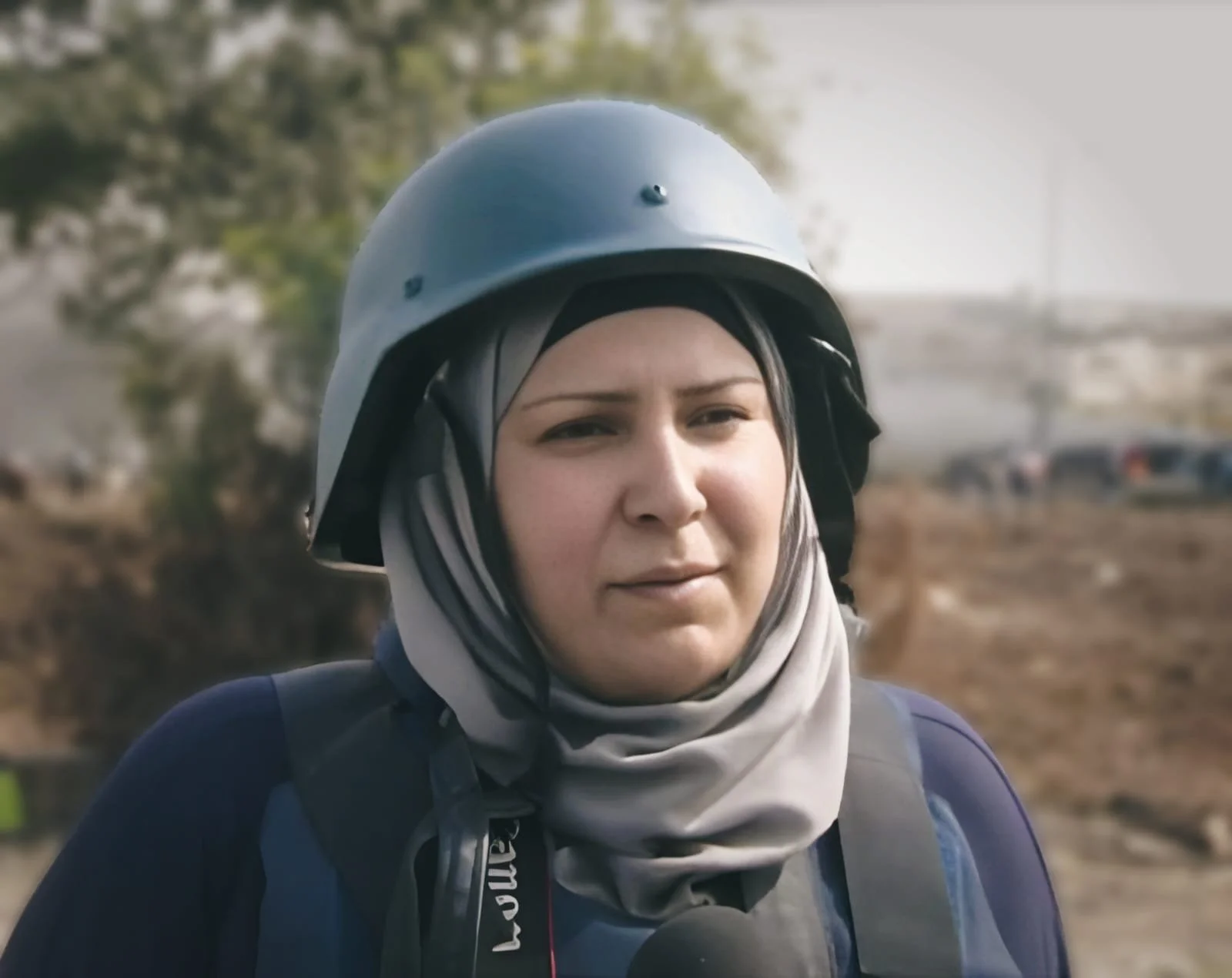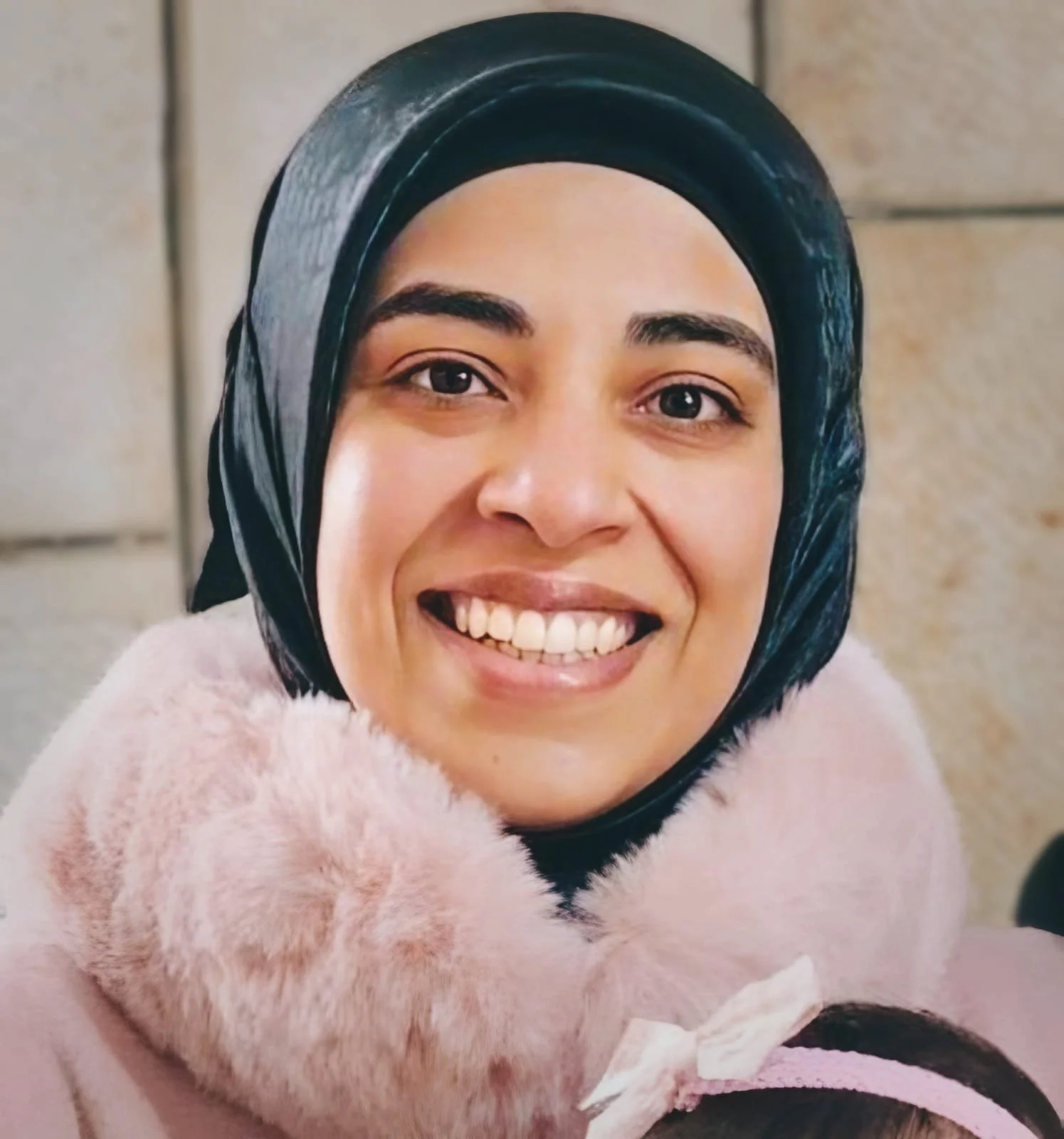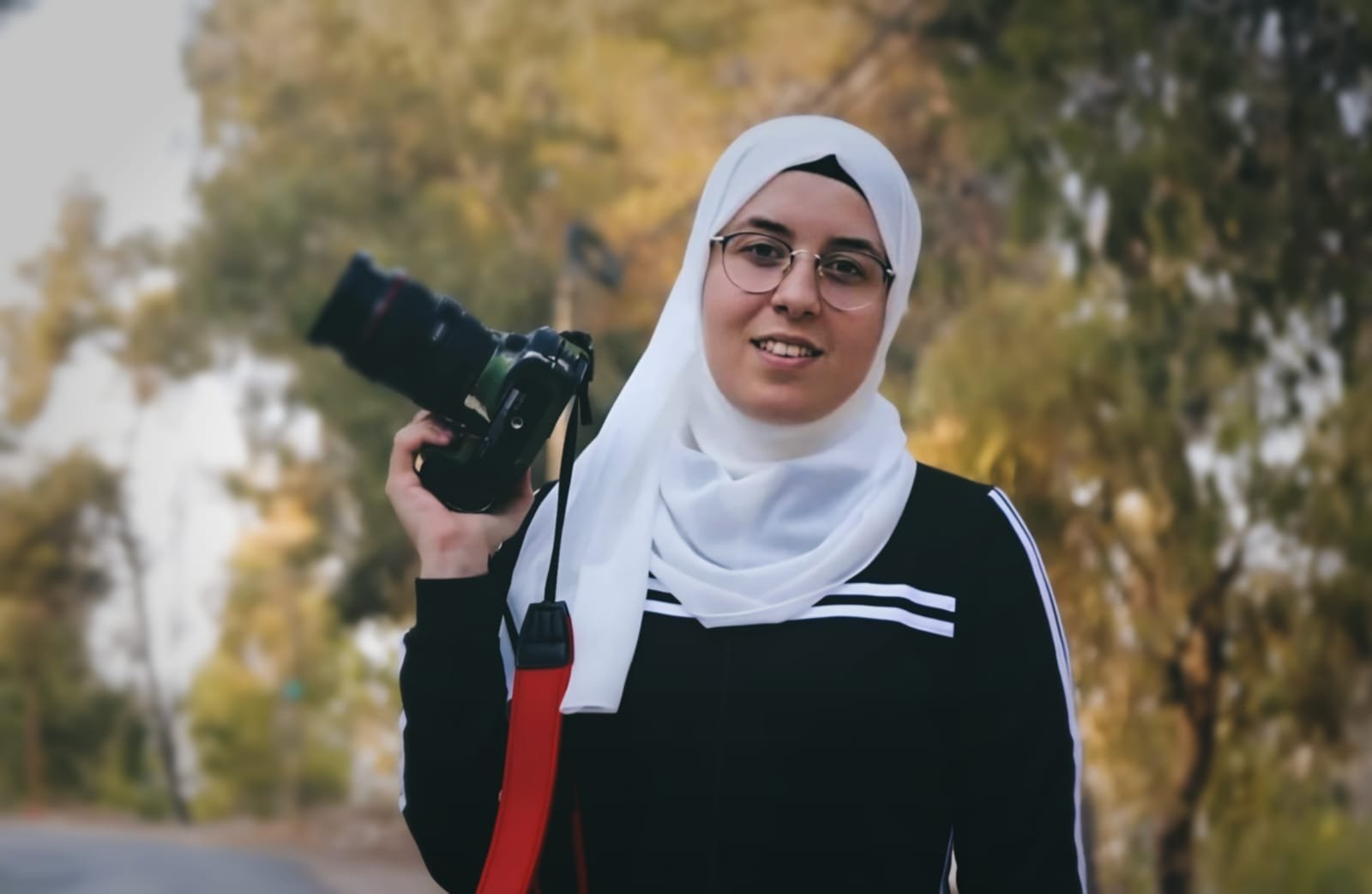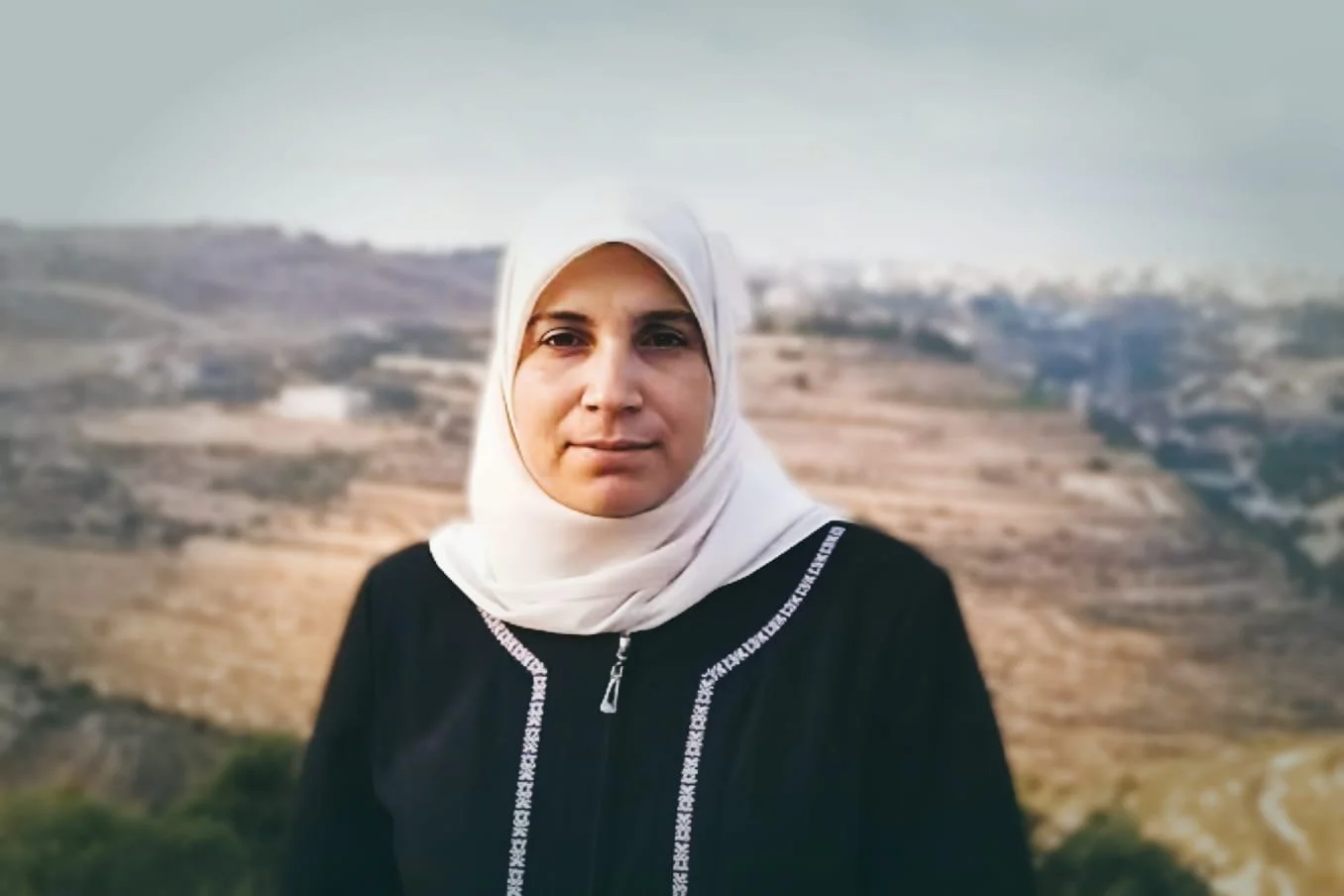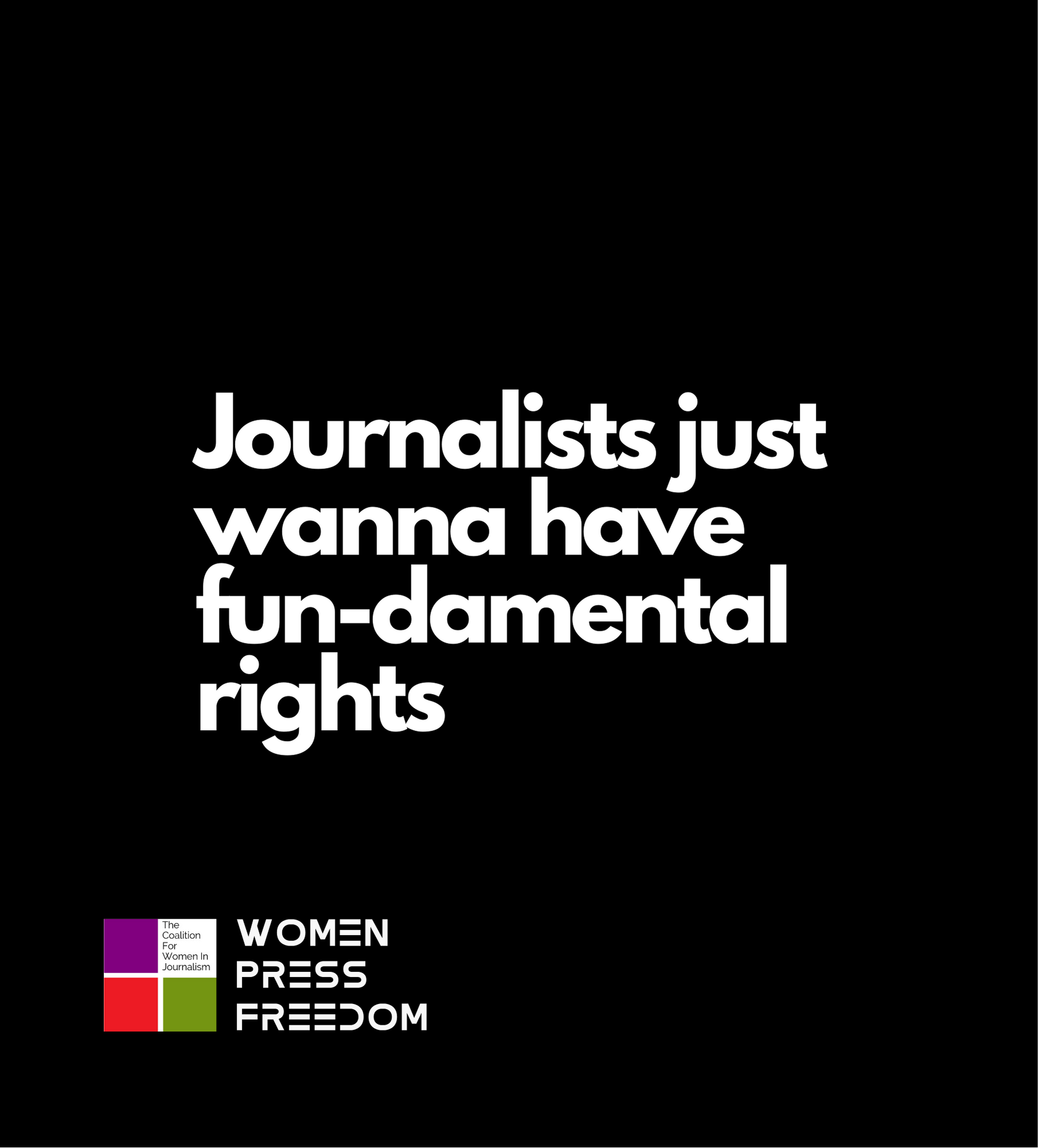Pakistan: Alarming Gender Inequality in Islamabad’s Media Ecosystem Study Finds
Women Press Freedom calls for urgent action to address underrepresentation and mistreatment of women journalists, as revealed by a gender audit
Location: Pakistan, IslamabadDate: March 22, 2024Women Press Freedom expresses deep concern over the significant underrepresentation and mistreatment of women journalists within Pakistani news organizations, as vividly outlined in the recent gender audit Unequal Newsrooms: A Gender Audit of Pakistani Media Organisations. This comprehensive study, conducted by the Women Journalists Association of Pakistan (WJAP) in collaboration with Freedom Network, uncovers a distressing panorama of gender disparities across 15 news companies in Islamabad and its twin city, Rawalpindi. The audit reveals that women journalists account for a mere 11% of the total media workforce, with an even smaller fraction ascending to leadership roles. Alarmingly, out of the audited media outlets, only two have established anti-harassment inquiry committees, blatantly disregarding the law. Women Press Freedom calls for immediate and concerted action from news organizations, industry managers, unions, policymakers, and civil society to rectify these glaring issues. Implementing gender-sensitive policies, fostering equal opportunities for women and other gender minorities, and ensuring a safe and inclusive atmosphere are fundamental steps towards achieving gender equality within Pakistan's media industry.
Read latest reports from the globe
A recent gender audit conducted by the Women Journalists Association of Pakistan (WJAP) and Freedom Network found women journalists constitute just 11% of the entire media workforce across the audited organizations, and women rarely make it to the top leadership roles in the industry. Despite being mandated by law, just two of the fifteen surveyed media outlets have set up anti-harassment inquiry committees.
The study, ‘Unequal Newsrooms: A Gender Audit of Pakistani Media Organisations’, exposes significant disparities, including media workforce composition, policies within media organizations, anti-harassment processes, working conditions, and wages across 15 new companies in Islamabad and Rawalpindi. The results of the study reflect that the situation not only weakens gender equality principles but also threatens press freedom by suppressing diverse voices and perspectives in media coverage.
“We wanted to highlight that women journalists are few in the country and that there needs to be a gender emergency imposed, while more women must be brought into the industry,” WJAP Founder and Convener Fauzia Kalsoom Rana tells Women Press Freedom. She emphasizes the urgency of addressing this gender emergency. The disparity not only reflects poorly on Pakistan's global standing in gender equality but also hampers the inclusion of women in media, a crucial component for a balanced and fair journalistic practice. The lack of gender-sensitive policies, inadequate implementation of basic labor laws, and the absence of safe and inclusive work environments further exacerbate the situation.
“Every other day women journalists were being laid off. The situation intensified during COVID-19, even though media’s watch time was high,” Rana says.
The audit also sheds light on the discriminatory practices against pregnant and married women, including the denial of mandated maternity leave, contributing to a significant drop in women's long-term participation in the media industry. She recounts how several women journalists were “fired by major channels such as Samma and Dawn after being married or getting pregnant, as organizations don’t want to give them maternity leaves and other rights.”
This scenario is not only unlawful but also morally reprehensible, stifling women's careers and livelihoods, Rana explains.
“Unfortunately, in Pakistani media, even the basic labor laws are not implemented,” the founder says. “Even if these get implemented, then women journalists would come into the folds of a hierarchy, and they would not have to quit their jobs.”
“Unfortunately, in Pakistani media, even the basic labor laws are not implemented. Even if these get implemented, then women journalists would come into the folds of a hierarchy, and they would not have to quit their jobs. ”
The repercussions of this gender emergency are deep. They dissuade women from pursuing careers in media and journalism while disregarding their lawful rights and discouraging the diversity of content in the profession. The study emphasizes the need for urgent action to remedy the crisis.
Rana highlights that while women possess symbolic roles in unions, they barely get the opportunity to do any practical women-led work as members. Therefore, the study urges journalist unions to advocate for wage and contract structure transparency for industry workers.
“The environment is not conducive for women in Pakistan’s media industry. Labor laws, which are applied elsewhere, are not implemented in the media industry,” Rana says, providing an example of how minimum wage is not determined according to legislation in Pakistan’s media industry, resulting in wages for women below those of unskilled workers.
She further underscores that there is no promotion policy for women, while promotions and designations are plentiful for male journalists.
With regards to anti-harassment committees, Rana said that the country’s law directs organizations to form a committee and paste the law on a board. “Organizations avoid establishing them because they fear retribution if there is a case of harassment,” she explains. “There is a need to ensure basic understanding about the concept of harassment, training, and sensitization must be conducted rather than avoiding the subject.”
Rana also laments the lack of opportunities for women in the industry, with them being sued as props for commercial utility rather than for their professionalism and expertise in the job. She further decries the lack of proper HR policies for media organizations in Pakistan, with employers, whom she termed “seths” (owners), only worrying about their profits.
The gender audit, in essence, underlines the implementation of concerted efforts to tackle gender disparities within newsrooms in the country, including the surveyed capital city, protect the rights of its women journalists, and nurture an equitable and inclusive media landscape.
Women Press Freedom supports the audit's recommendations, advocating for the adoption of gender equality strategies in hiring, promotion, and workplace conduct. Journalist unions must vocally support transparency in wage and contract structures, and policymakers must address and ensure safety against workplace harassment, particularly sexual harassment, which disproportionately affects women journalists. We call for immediate and concerted action from news organizations, industry managers, unions, policymakers, and civil society to rectify these glaring issues. Implementing gender-sensitive policies, fostering equal opportunities for women and other gender minorities, and ensuring a safe and inclusive atmosphere are fundamental steps towards achieving gender equality within Pakistan's media industry.
Women Press Freedom is an initiative by The Coalition For Women In Journalism
The Coalition For Women In Journalism is a global organization of support for women journalists. The CFWIJ pioneered mentorship for mid-career women journalists across several countries around the world and is the first organization to focus on the status of free press for women journalists. We thoroughly document cases of any form of abuse against women in any part of the globe. Our system of individuals and organizations brings together the experience and mentorship necessary to help female career journalists navigate the industry. Our goal is to help develop a strong mechanism where women journalists can work safely and thrive.
If you have been harassed or abused in any way, and please report the incident by using the following form.


